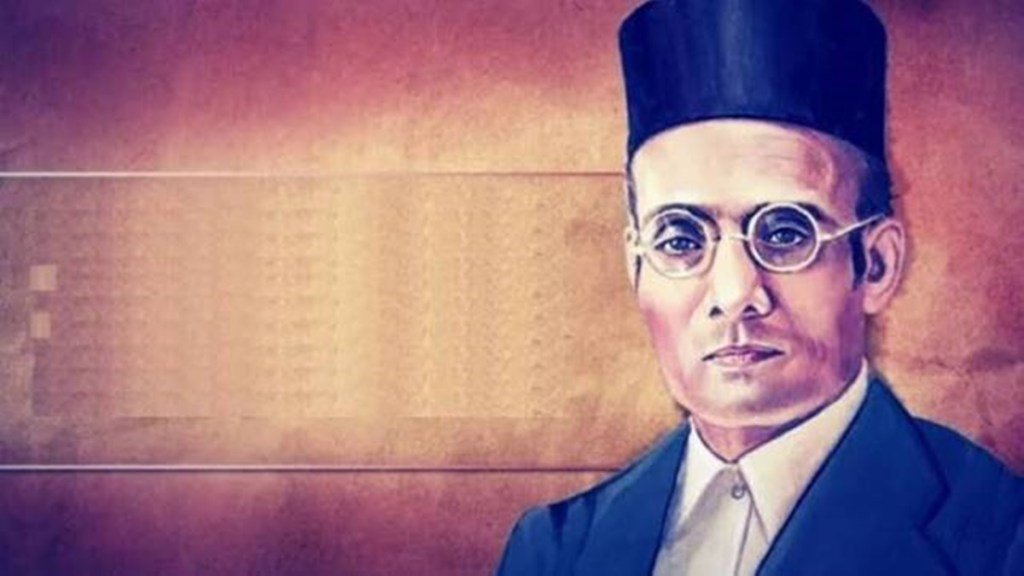At a recent meeting with Opposition leaders, Congress president Mallikarjun Kharge welcomed Trinamool Congress leaders, who had earlier pointedly stayed away from such meetings. But Kharge’s congratulatory note was punctured when outspoken JD(U) leader Rajiv Ranjan Singh alias Lalan Singh remarked tartly that while one Opposition party had joined their ranks, another’s sudden absence was conspicuous. The Uddhav Sena had stayed away because of Rahul Gandhi’s remarks on Savarkar.
Sharad Pawar came to the meeting armed with speeches of Savarkar and read out some extracts to illustrate the Hindutva ideologue’s progressive views on issues such as cows, untouchability and religion. Sonia Gandhi tried to defend Rahul’s remarks, noting that the Congress had always been staunchly anti-Hindutva. But Pawar countered this saying that Savarkar was a beloved hero in his home state of Maharashtra. Rahul remarked that he had a clear-cut position on the issue but, under pressure from all sides, indicated that in the larger interests of Opposition unity he would not speak on Savarkar in the future.
Also read: Inside track by Coomi Kapoor: Opposing each other
Pawar also sought to connect Uddhav with the Congress, so that Rahul understood the seriousness of his throwaway remark. The Sena (Eknath Shinde faction) and the BJP are busy organising rallies to whip up regional sentiments over the “insult” to Savarkar. Uddhav Sena and the NCP are said to be hoping that Rahul stays away from the state for a time now so that they do not spend their time firefighting.
Why the delay?
Following Rahul’s abrupt disqualification from the Lok Sabha after being sentenced to two years in jail by a court in Surat, shell-shocked Congress supporters and lawyers questioned why no appeal had been filed even five days after the judgment. A senior party leader said they were waiting for the English translation of the Gujarati judgment. A youngster scoffed saying that he could get the order translated in two hours by paying a translator Rs 25,000. Today, even Google translations are available on the Internet. The real reason for the delay was vacillation, whether or not to file an appeal immediately. Some in team Rahul wanted him to first emerge as a martyr fighting for democracy. It was only after the party’s top legal minds pointed out that the verdict could have serious long-time ramifications for both Rahul and the party, that the Congress swung into action.
Figuring it out
The Enforcement Directorate (ED) claims a remarkable 96% conviction rate. The hitch is that it has calculated the percentage on the basis of cases finalized in court. Of 25 cases, 24 ended in conviction. In my years as a crime reporter, conviction rates for probe agencies were calculated based on the number of chargesheets filed. The ED instituted 5,906 cases till January 31. It filed chargesheets in only 1,500. Of those, only 25 cases were finalized by court. This would suggest inefficiency, rather than accolades. However, since provisional attachments of Rs 1.15 lakh crore were made till January, along with raids by the ED, a lot of people were rattled.
Unkindest cut
Ghulam Nabi Azad’s recent autobiography describes the slow self-destruction of his former party. The ultimate insider, he provides numerous examples of how the Congress was wiped out in many states because the central leadership had a pattern of decimating their most powerful state leaders who were perceived as threats. NTR’s son-in-law Chandrababu Naidu had asked that the popular actor be given a Rajya Sabha seat, but P V Narasimha Rao and P Shivshankar from Andhra Pradesh objected, viewing him as a rival. Similarly, Mamata Banerjee, Amarinder Singh, Harish Rawat and Himanta Biswa Sarma were cut to size because of internal rivalries. Rahul insisted on backing friend Gaurav Gogoi’s father, Tarun Gogoi, as the Assam CM, though Sarma had the support of the MLAs.
Also read: Inside track by Coomi Kapoor: Shah of North-East
For the Gandhis, the unkindest cut will be Azad’s innuendo about the Kamaraj Plan, implemented in Jawaharlal Nehru’s last years. Six Union ministers, from Morarji Desai to Jagjivan Ram, were asked to resign from the Cabinet and drafted for party work. Azad writes he was puzzled because defanged politicians actually did no party work. Decades later, he asked a “former Rashtrapati who had been a part of Congress history and a historian in his own right” the true reason. The answer shocked the author, who vows piously, “It is a secret I will take to the grave with me.”
But the reason is hardly a secret!

